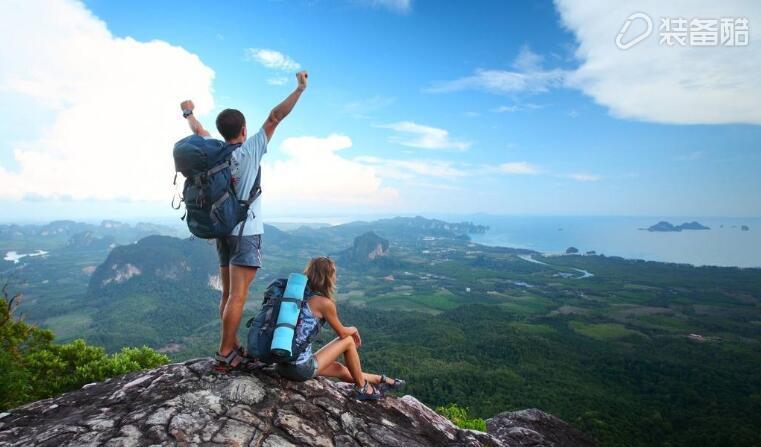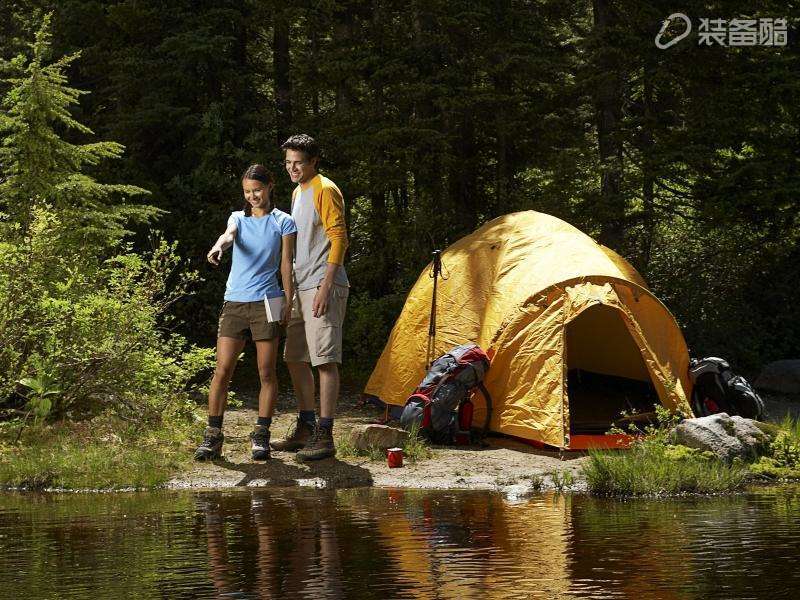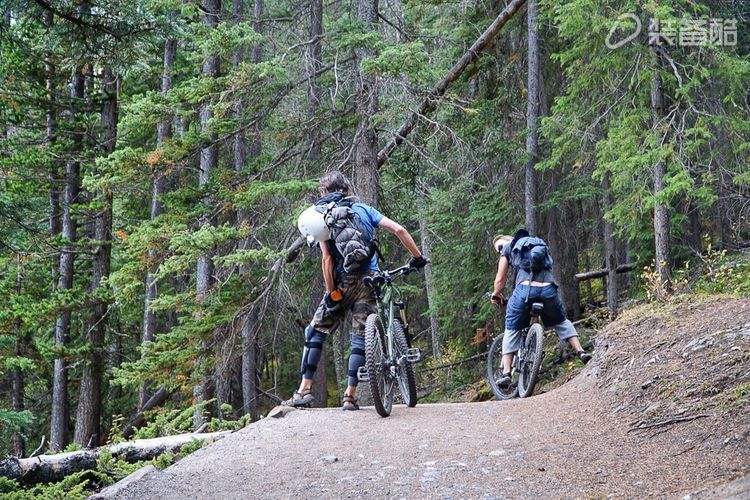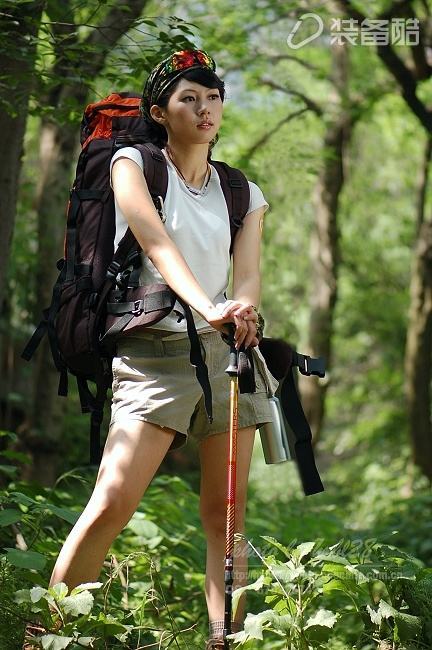Heat stroke When the body cannot regulate high body heat from sweating, it can suffer from heat stroke. Symptoms may be dizziness, fever, and coma. Overheating may also cause heat exhaustion. Failure to supplement water and electrolytes after large amounts of sweat can cause cramps, nausea, and physical exhaustion. After that, the face is pale, the skin is clammy, body temperature drops, and the respiratory pulse is rapid and shallow. Dangerous plants have unexpectedly discovered that outdoor is a real crisis. ! To prevent dangerous plants, it is usually to avoid being stabbed or eating. Some plants can cause skin irritation and itching, some are physical stab wounds, and of course some mushrooms or fruits may cause poisoning when consumed. Mobile Green Screen,Foldable Green Screen,Portable Foldable Green Screen,Portable Foldable Mobile Green Screen Dongguan Aoxing Audio Visual Equipment CO.,Ltd , https://www.aoxing-alr.com
Avoid beforehand:
During midsummer hikes, please choose a shaded path. Do not expose it to the sun for too long. Arrange for a proper rest.
During the journey, you must constantly add water and moderate mineral beverages.
Older people, infants and young children, patients with chronic cardiovascular disease, alcoholics, long-term use of some psychiatric drugs or diuretics, is a good affair group of heat stroke, and special attention should be paid to avoiding a hot environment.
Try to do this:
If you have a heat stroke, let the patient lie in a cool place, loosen the clothing, and raise their feet. If the patient is conscious, he will be given water supplements. Please do not crowd around and the air does not circulate.
You can use a towel soaked to wipe the body or water, fan heat to help cool. Do not pour ice cubes directly onto the patient or immerse the patient in ice water. Normal cold water is enough.
Sustained replenishment of water and someone needs help. If the patient sweats heavily, add salt water.
After the patient's consciousness is slightly awake, do not immediately put a lot of ice water to avoid stomach cramps. 
Contrary to heat stroke, a person whose core temperature is less than 35 degrees Celsius is defined as losing temperature. There is not enough warm clothing in a cold place. If you take a long time, you may experience a state of hypothermia that is too low in body temperature. It can be fatal if you spend too much time. Even in the summer, sudden cooling and rain showers can lead to temperature loss. In addition, soaking in streams or lake water may also cause temperature loss. In fact, when the human body is immersed in water and rests, the heat production and heat dissipation can reach equilibrium temperature. It is 33 degrees, and water temperature below 25 degrees may cause soaking and temperature loss. Usually the patient begins to feel tired and drowsiness, and the skin is cold and cramps. It may be followed by shaking, muscle spasm, slurred speech, and even hallucinations.
Avoid beforehand:
The evening before departure should be adequately rested if the body is not adapted to avoid travel. Because of the cold, it is very consuming. Patients with hypoglycemia and sepsis are good hypothermia precipitators, and they must be prepared for warmth.
Eat a nutritious meal before you leave and take some high calorie foods along the way.
Prepare a warm pack, a sleeping bag, and warm clothes. And prepare dry clothing for replacement if needed.
Try not to bring too heavy items to avoid wasting your energy. There must be a moderate rest during the trip.
Try to do this:
If you find a temperature loss condition, find a place to shelter from wind and rain, and replace wet clothing or wear warm clothing as appropriate.
Keep the warmth of the head and neck and wrap the body with clothing. Use heating kits, heaters, hot water, lights, and other aids.
Add hot sugar water and high calorie foods to stay awake.
Consciousness, serious conditions, given 40 degrees warm water immersion.
Never drink alcohol to a patient. Do not massage the extremities of the patient so that the icy blood will not flow back to the heart, but the central temperature will fall instead of loading. 
Snake bites have a warm climate and are suitable for snakes. They often encounter poisonous snakes when they are on the outskirts. Especially warm spring, summer and autumn are frequent seasons of snakes.
Avoid beforehand:
Excursions hiking in trousers and boots that are slightly higher to help protect the shin guards.
Try to take the mountain trails that are frequently maintained and maintained, and avoid opening the road to waste grass or bushes.
Try to do this:
Snakes are very sensitive to dynamic objects, and most immediately counterattack when they encounter rapid action. So when you meet a snake, stay calm and let the scared snake escape.
In the event of a snake bite, photographs should be taken as much as possible to provide hospital identification of snake species so that serum can be injected as early as possible. Do not cut open the skin to suck or wash the injured area, stop the activities of the injured, let the injured lie down slightly, do not raise the wound, prohibit drinking.
If there is a bandage, wrap it around the wound and take it to the doctor as soon as possible.
Try to calm the wounded. 
There are a lot of incidents where bees are paralyzed outdoors. Please only take care to avoid inadvertently touching the swarm of bees to avoid attacks.
Avoid beforehand:
Similar to avoidance of snake kisses, try to take the path of regular maintenance. Where humans often walk, it is safer.
Don't disturb the honeycomb, and don't use the branches to swing around.
Avoid using aromatic fragrances.
Try to do this:
One or two bees on the road hovered over their heads. There was no relationship and they could move on. But if you encounter a hive, try to make a detour.
When the bee colony chases, and there is no hiding place to hide, the place sits still, covers the head and neck and other exposed skin with the coat, curled up and lay down and wait for the bee colony to leave.
Acupuncture needles can be removed with forceps, but do not squeeze the needle's vesicles. Cold water can be used to relieve pain. Seek medical advice as soon as possible. 
Mosquito bites mosquito bites is hard to avoid, even more difficult to prevent in the suburbs, the bite of the site is just itchy, it is worried about infectious diseases like dengue fever, so of course, to minimize the chance of being bitten!
Avoid beforehand:
Choose to wear light-colored loose clothing, bare skin can be sprayed with the active ingredient of mosquito repellent.
The hides and shades of the bushes are hiding places for mosquitoes and should be avoided.
Do not dispose of empty containers that can store water, such as lunch boxes, bottles and cans. In addition, do not store outdoor buckets in the outskirts.
Try to do this:
Keep away from mosquitoes. 
Avoid beforehand:
Avoid going into dense forests. Wear long-sleeved trousers.
If you have to cross the jungle, cover your exposed skin with clothing.
Don't be bored to touch the lacquer tree or scratch the barbed plant. Do not eat wild plants.
Try to do this:
Serious skin irritation or food poisoning, seek medical advice as soon as possible.
If an accident occurs on the outskirts of the mountain, unfortunately, the following is an international mountain distress signal:
Within 1 minute, six consecutive long signals were issued, each separated by 10 seconds. Repeat the same action after a pause of 1 minute until a rescue worker arrives. Even if rescue workers have been found from a distance, they should continue to send signals so that search and rescue personnel can know your correct location.
You can use the following method to send a distress signal:
(1) The whistle (2) emits reflective objects such as mirrors or metal objects (3) flashes with flashlights at night (4) waving colorful bright clothing flags.
Finally, I wish everyone can participate in outdoor activities in peace and prosperity.